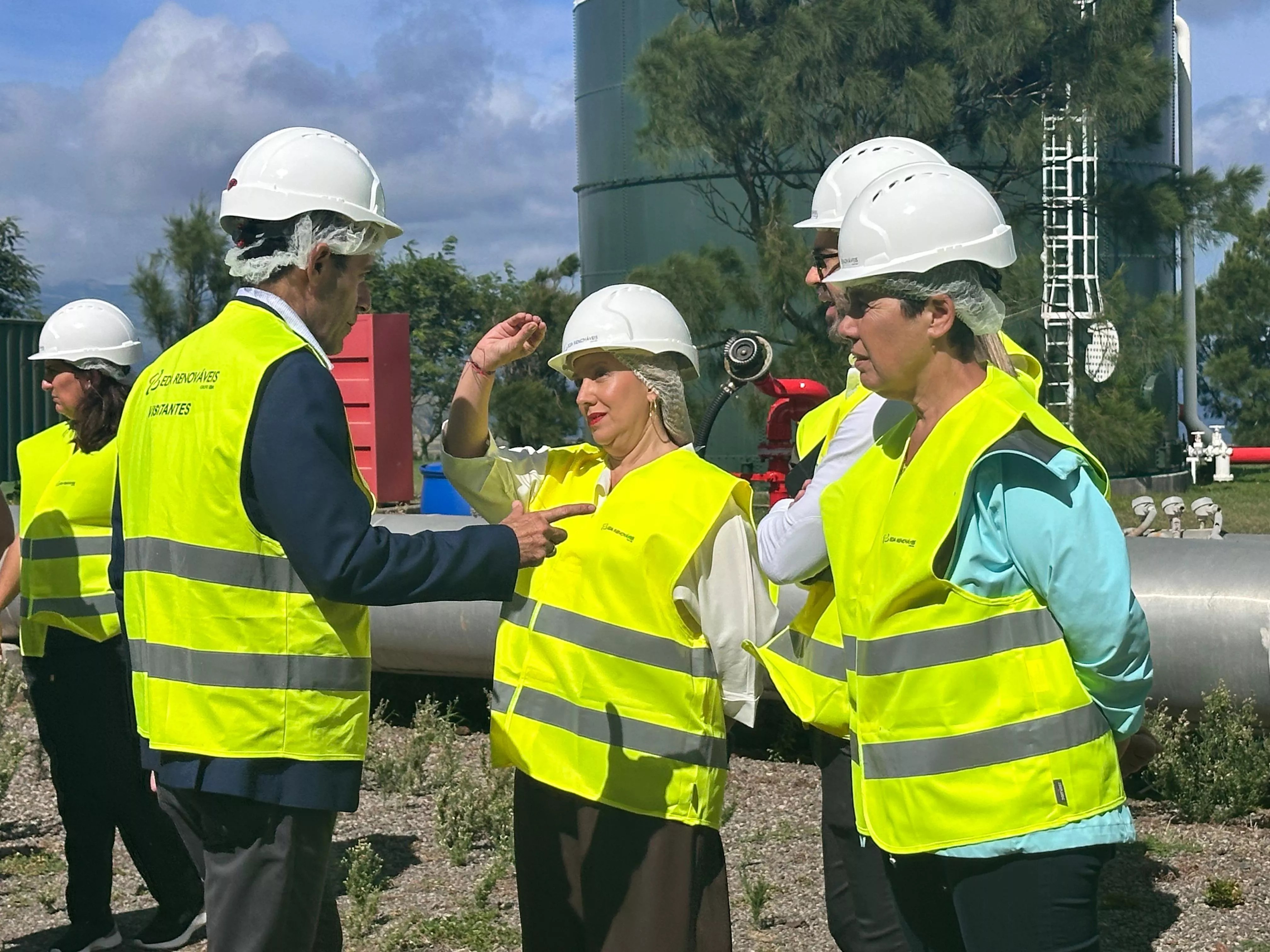The housing issue, especially in areas facing high tourist demand like the Tenerife regions of Adeje and Arona in the south of the Island, has been an enduring problem for many decades. However, in recent years, it has worsened significantly, with online ads offering rentals in rooftop tents, commercial spaces, garages, or storage rooms for couples, shared beds or rooms without access to a kitchen or bathroom, among many other examples in this tourist hotspot.
Water scarcity and consumption restrictions in Tenerife amidst plans for a new city and more hotels

Humans, as always, strive to find solutions to overcome challenges using various strategies. In this scenario, some individuals opt to take a gamble by purchasing plots on rural lands (either with agricultural protections or not), engaging in self-construction for various reasons (social, speculative, investment), believing that with time, everything will eventually be legitimised. This has been the case for over a decade in the growing area of Lomo Negro in Arona, just north of the renowned El Fraile centre, close to the Las Galletas beach and marina. Works are still ongoing and people can be seen on rooftops and terraces amidst construction activities, as recently verified by this newspaper.

The risks taken by those who acquired these plots on rural lands, violating the law which prohibits divisions below 10,000 square meters, were exposed following a complaint from the Provincial Prosecutor’s Office of Santa Cruz de Tenerife in December. This was after the Aronero City Council had alerted the Canary Islands Agency for the Protection of the Natural Environment in October 2022. The council sealed off the area, but this barricade was breached, as confirmed on December 2 of the same year.
While the reaction of the authorities was delayed, considering this issue arose over a decade ago, their argument remains concise: an urbanisation process is taking place without the required permits on unsuitable land (rural areas not meant for new residential developments, which cannot be reclassified as urban for at least 20 years). Approximately a hundred houses of various types have been constructed, accommodating around 400 residents, out of which 200 are registered without clear procedures.

Initially, a 150,000 square meter plot from a single developer with fencing bordered the area from Lomo Verde Street to the northern road of El Fraile, adjacent to the main road. Investigations reveal that plots averaging 400 square meters have been sold (starting from 39,000 euros with listings on various platforms) despite the legal minimum division size being 10,000 square meters. Potential buyers risk partial ownership unknowingly, which could lead to demolitions and penalties.

Alongside this fenced area, indicating private property, stand other buildings of varied sizes and features accessible without any barriers. Construction activities are ongoing in some of these buildings, where a company is marketing modular wooden houses with parking facilities on unpaved roads. As per sources, permits for this area are also lacking.
The dispute surrounding this “unauthorised settlement”, as brought to light in articles by Nacho Martín in Notice Diary and other publications, intensified in mid-May 2023. During this time, the then councillor of the Mixed Group and local candidate for Drago Canarias, Antonella Aliotti, along with the independent councillor at the Cabildo de Tenerife, María José Belda (who was spokesperson for Sí Podemos), reported the public company Balten de Tenerife (Balten) to the Prosecutor’s Office. They reported the alleged supply of treated water meant for human consumption to certain homes in Lomo Negro, which posed a significant risk as this recycled water is intended for agricultural use, not for households. Moreover, given the “unlawful” nature of these houses, such connections were also deemed unsuitable. These specific incidents, however, were not included in the subsequent complaint to the Prosecutor’s Office, although it has been confirmed that at least twelve buyers managed to connect to the municipal network.

When asked about these reported connections, Balten denied to the press, after the complaint was filed with the Prosecutor’s Office, that they had any supply agreements for households. They clarified that their contracts were strictly for irrigation purposes. Although these contracts undergo biological checks, they do not undergo the same rigorous processes as water intended for human consumption. Balten stated that to formalise these agreements, clients submit a declaration specifying the type of crops they have and their water requirements, but the company does not verify this information. “All subscribers are aware of the terms,” stated company sources. Following the complaint, Balten conducted a visual inspection in the area and found no irregular connections. While there was a noticeable rise in water consumption, Balten attributed it to the overall lack of rain and heatwaves on the island.

As the local government deliberates on its course of action regarding this matter, activities like construction, signage, and online advertisements persist, more so because of the legal actions by the Prosecutor’s Office and the judicial system. Political parties in power, particularly Más por Arona (affiliated with the PP and CC), have expressed support for legalisation, while others believe it to be unfeasible. Some have profited from these circumstances, while others unwittingly risk much with their investments, often due to the exorbitant housing prices across the Islands and their challenging economic situations.
The Canary Islands Now has reached out (and is awaiting response) from the local governing body and has been in touch with one of the individuals involved in these constructions, notably distinguishing himself as not a “developer”, Fernando Ucha. He will share his perspective in an upcoming article for this newspaper. It is clear that there are numerous unwritten chapters in this narrative, portraying a tale of investment risks, irregularities, blatant speculations, profits, grievances, conflicting stances on urban planning and profound societal issues that lead to controversies with diverse dimensions.
















